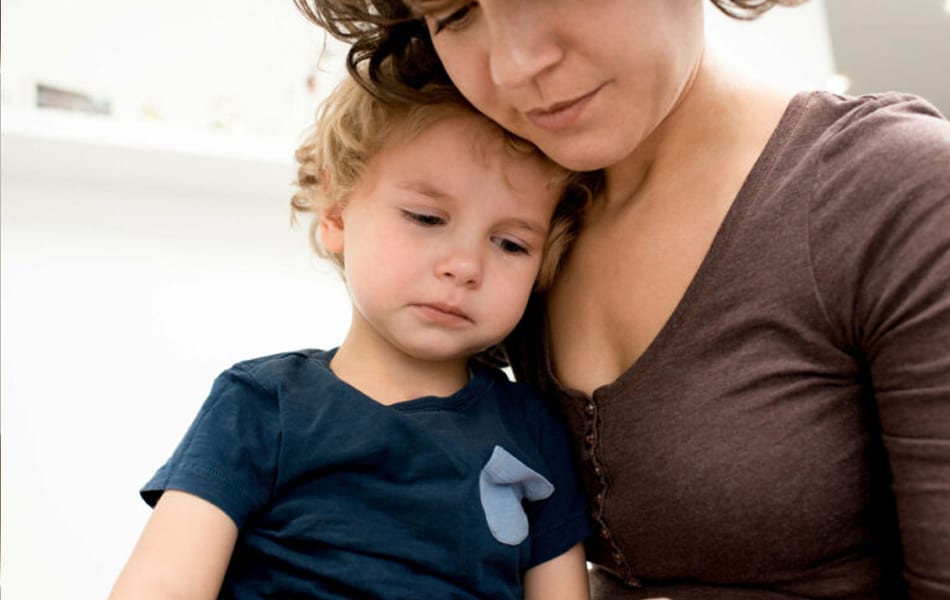The COVID-19 pandemic has prompted swift lifestyle changes for folks across the globe. Drastic social and quarantine measures have triggered fears and concerns about the foreseeable future. For caregivers, this has translated to increased time at home facing new challenges with their children. Mental health has become a secondary priority which can disrupt attachment patterns between parents and children of all age and developmental spectrums.
Caregiver characteristics that promote or hinder a safe and trusting relationship with their infants are the basis of attachment theory and have been correlated with later psychological functioning. Attachment can bear significant weight on self-perception and personal beliefs, and primary caregiver dynamics often mirror relationships with friends and romantic partners across the lifespan. Stemming from the womb, infants ingest, process, and interpret surrounding sensory inputs, including caregiver emotional states. Thus, greater exposure to parents experiencing anxious or traumatic distress during the quarantine period can trigger maladaptive mental health symptoms and family functioning.
Below are some pointers to foster a healthy home environment promoting secure attachment with your child while prioritizing self-care and emotional well-being.
-
Space
As the saying goes, everything in moderation, and this includes attending to your child. Engage in favorable outlets just for you to promote relaxation and mental healing. This will model and encourage your child to accomplish individual tasks and respect personal space. Benefits include enhanced autonomy, self-confidence, and agency to problem-solve. Take the breather!
-
Stability
It’s impossible to entirely mimic your child’s school structure, but it doesn’t mean that you can’t borrow some tactics and strategies. Healthy attachment is promoted by stable and safe parenting, and predictability throughout your child’s day can help reinforce that. Try to identify and jot down times for eating, sleeping, and playing. If developmentally appropriate, include your child in creating the daily plan to value their choices while establishing a consistent routine.
-
Praise
It’s important to remember that the pandemic has disrupted life as we knew it- provide patience and grace while your child projects their worries and fears. They too are navigating this new territory. Praise them for rolling with the punches, instill gratitude, and lend a shoulder for them to cry on when they miss their friends. This is the time to build them up while creating space for vulnerability. Critical parenting can contribute towards poorer psychological functioning. Highlight your child’s strengths while attempting to minimize negative language when they misbehave.
These deliberate practices will reap many rewards including enhanced ability to practice self-forgiveness, healthy emotional expressiveness, and self-soothing strategies with an intrinsic awareness that you are a reliable source of support. It’s okay for your child to not be okay, so long as they know that you will always be the lighthouse leading their way to safe terrain.








